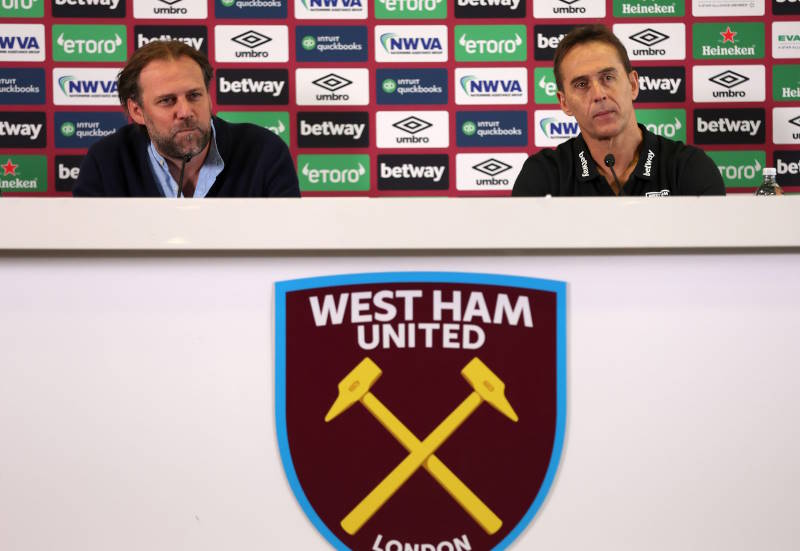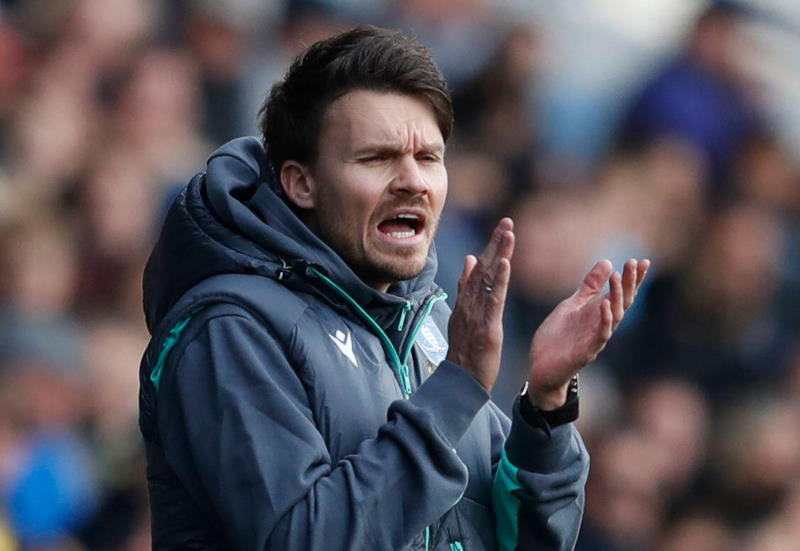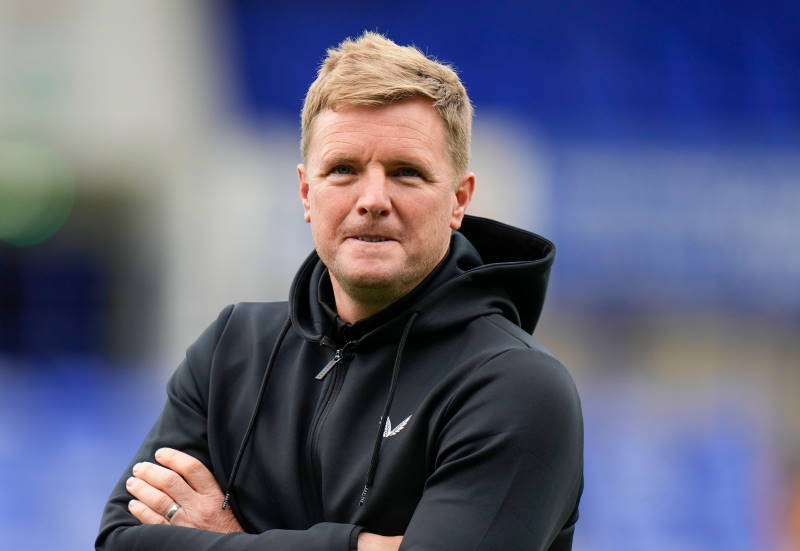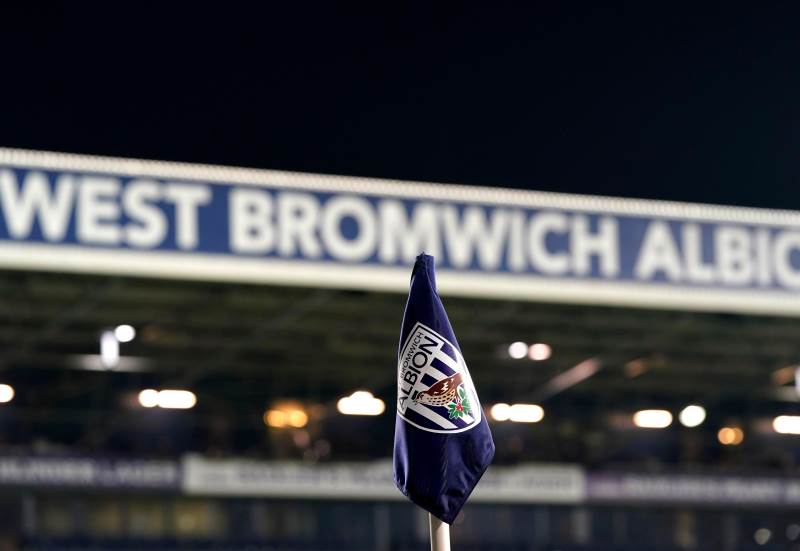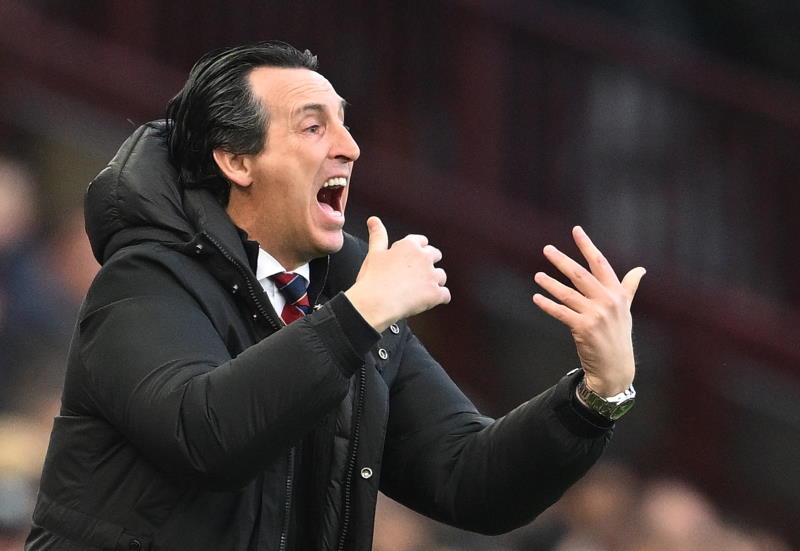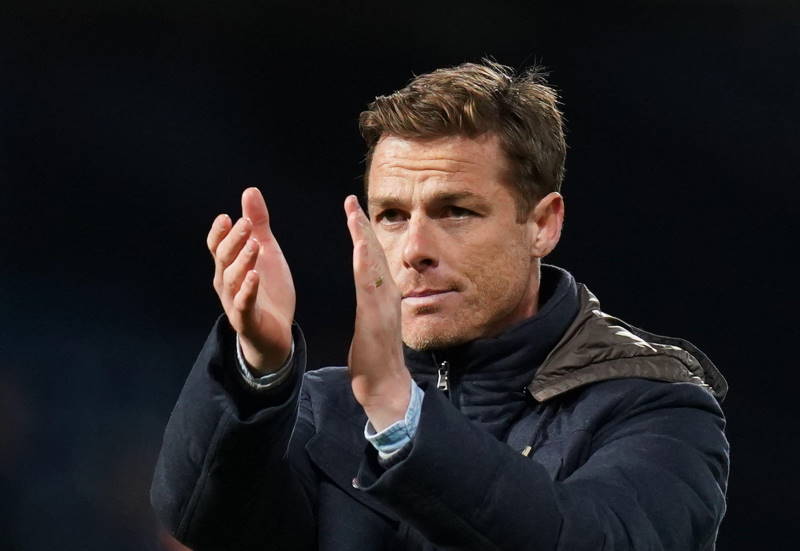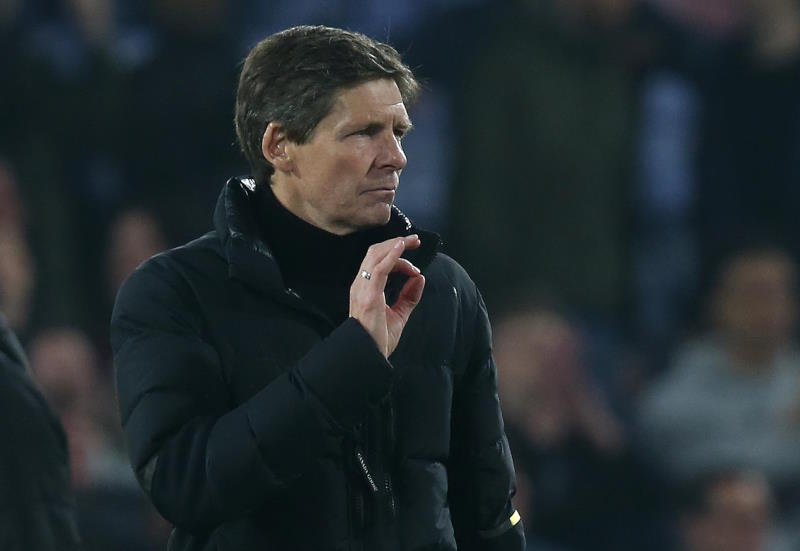![]()

The Japanese footballing machine has always been well oiled and successful. Being a continental power for so many years has piled on the pressure for the men in blue to perform on the biggest stage, and with their campaign in South Africa finally over, Takeshi Okada’s men have proven to be the pride of Asia with some delightful performances culminating in a last 16 appearance against South Americans Paraguay.
With a shaky run-up to the tournament, Japan were possibly the most pleasantly surprising of the four Asian representatives. Very ordinary results in pre-tournament friendlies led more than a few fans and members of the local press to heavily doubt the chances of the Blue Samurai. With the much maligned Okada in charge, pessimism was abundant and the likelihood of an early exit was yet again on the cards. However, the coach seemed confident enough in his squad declaring them ‘able to reach the semi-finals’ and this certainly stirred more than a few journalists at home and abroad.
In the opening game against four times African champions Cameroon, Japan laboriously headed to a 1–0 victory in which young starlet Keisuke Honda scored. It was to be a fortuitous tournament for the CSKA Moscow midfielder as a solid showing against Holland in a 1–0 loss, and an outrageous free kick against Denmark saw the Nagoya-native’s stock significantly rise.
Honda was not alone in his top drawer performances, although he was truly the star of the side: Inspiring displays from Marcos Tulio Tanaka, Makoto Hasebe and Eiji Kawashima saw the Japanese qualify for their first knockout stage away from home soil. Group E was where Denmark were widely expected to qualify alongside their continental compatriots Holland, but an absolute footballing masterclass from the Japanese made short work of the once European champions, with two superb free-kicks and a close range finish from Shinji Okazaki sealing a 3-1 win.
Having seen this remarkable football against Denmark, many neutrals and Japanese fans alike were hoping that the Blue Samurai could make it through to the quarter-finals, something that would have been unprecedented for Japanese football, but it was not to be, as Okada’s men were cruelly eliminated on penalties by in-form Paraguay.
One thing to truly note about that game was how bereft of confidence the Japanese looked. It was as though the weight of qualifying for the next round was too much for some players, or that Okada simply didn’t believe his charges could outclass the South Americans. Speculatively looking at Japan’s performance, it wouldn’t have been beyond the Asian giants to take the game to Paraguay as their level of passing and movement was equal to that of some of the best teams in the tournament. However, hypotheticals aside, Japan ultimately went out on a high note, knowing they were only a simple penalty kick away from making history.
The reception back home for the Nippon Daihyouu has been above positive with most of the country incredibly content with what the team have achieved. Not only that, the Japanese public have seen the birth of a true superstar in Keisuke Honda, who might well, if fans dreams are made, live to lead the life of the celebrated manga character, Captain Tsubasa. Honda is arguably the best player Japan have ever produced, and if his development continues, he could find himself on the books of some of the biggest clubs in the world.
However, with the birth of a new star, Japan have seen the death of another with one of the country’s favourite sons, Shunsuke Nakamura, finally announcing his retirement from the international game. A pity perhaps considering how close the former Celtic man is to being a centurion for his side, but the ever classy Nakamura has seen that he is no longer needed, and has graciously stepped down.
Otherwise in the post-tournament fallout, Takeshi Okada decided to quit his post as manager to leave the JFA (Japanese Football Association) free to move in another direction. It is more than possible that the former defender found the pressure too much in the end as endless tirades of criticism must have been gnawing at him before their 2010 showing. A few names have been put in the mixing bowl to succeed Okada, but Argentines Jose Pekerman and Marcelo Bielsa appear to be the front runners for the job.
But in the end, it is the players that do the job on the pitch, and with some now plying their trade in Europe, Japanese players are beginning to realise the importance of integrating and understanding other styles of play in world football. Although there were less players playing away from Japan in this year’s squad, more than a few have had experience of an overseas league, with nine of the 23-man party which travelled to South Africa having played in Europe or another foreign championship at some point.
Certainly, the multiculturalism now seeping into the Japanese squad is a positive thing, and with the successful progress made through this World Cup, there may be even more opportunities for Japanese players to make the move abroad and better themselves.
Whatever spin may be placed on it, Japan had a successful World Cup and exceeded expectations. The onus is now on the players to back it up with a grand showing at the Asian Cup next year, and, of course, a successful 2014 World Cup campaign.

